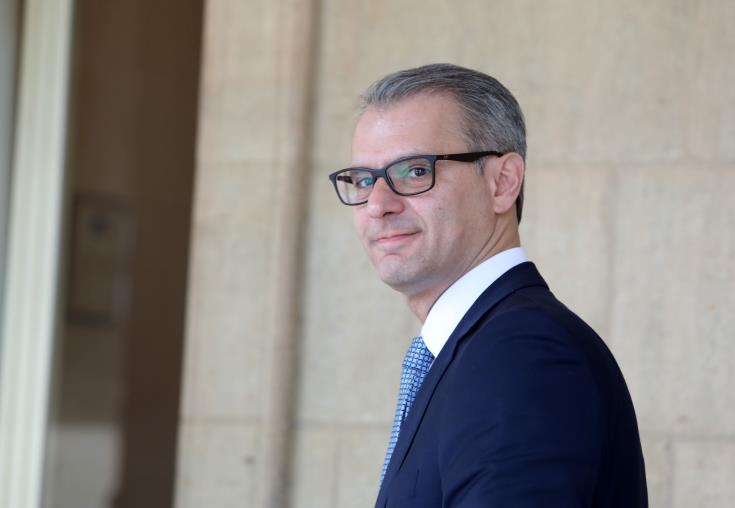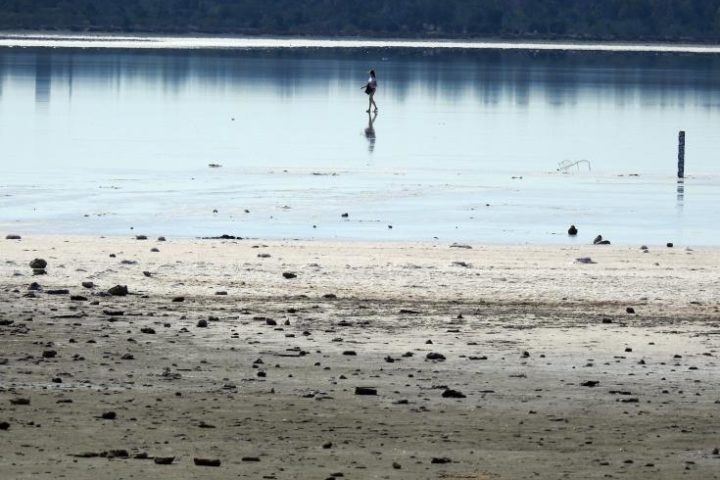Cyprus Central Bank Governor Constantinos Herodotou urged all stakeholders to accelerate efforts to deal with the impact of climate change as an ECB stress test for banks looms next year.
Addressing the 12th Limassol Economic Forum on Friday, Herodotou said US analysis shows that unless there are immediate and large-scale reductions in greenhouse gas emissions, limiting global warming by 1.5 or 2 degrees Celsius – under the Paris Agreement – will be beyond reach.
“This is not an exaggeration.
“The Mediterranean region is even more susceptible to climate change; It is warming 20% faster than the global average, exerting additional pressure on already strained ecosystems and vulnerable economies.”
Heredotou said 2-degree global warming would reduce precipitation by 10% – 15%, an increase of 2 – 4 degrees will reduce precipitation by up to 20% in southern Europe.
“This would cause water demand to double or even treble by 2050.”
He referred to a scenario analysis by the ECB, which concluded that the economic costs of climate change are substantially larger in the absence of timely adaptation and climate mitigation.
Referring to the different scenarios, he said the orderly transition scenario assumes early and effectively implemented policies to meet the Paris Agreement targets.
The disorderly transition scenario assumes a delay, while the “hothouse” scenario assumes no new policies.
Until 2050 the hothouse and disorderly transition scenarios are more or less equally detrimental than the orderly transition scenario.
Still, from 2050 the projected GDP loss under the hothouse scenario accelerates dramatically every year, he warned.
The GDP, he pointed out, ends up being double compared to disorderly, while the orderly transition sees a zero change.
“Emission reduction targets by 2030, namely by 55% compared to 1990, the annual green investment would need to increase by around €350 bln per year for the next ten years compared to the previous decade.”
At the same time, he said that the EU is taking steps through the introduction of initiatives that will force sustainability disclosures and enable the better pricing of climate-related risks, fostering and leveraging technological innovation.
“Green and digital agendas are to a large extent interconnected.
“We are worried that banks are currently not prepared for the risks both financial and non – financial.
“That could arise both in terms of the direct physical risks from the national disasters that will affect asset prices such as real estate and the transition risks…the costs from the policies to transition to a low carbon economy which again will impact asset prices.”
He announced that in 2022 a supervisory climate stress test for the banks directly supervised by the ECB would be conducted.
“The respective probability for the most exposed banks would increase more than four times by 2050, namely 30%.”
“There is an urgent need for banks in Southern European countries especially to urgently develop the mechanisms necessary to better account for physical risks.
“Ensuring success requires that the green and digital agendas are as connected as possible and supported by all stakeholders.
“The economic and social consequences of climate change will be profound and substantially larger in the absence of timely and effective adaption and mitigation strategies.”










